Home>diy>Building & Construction>How Can I Get A Construction License
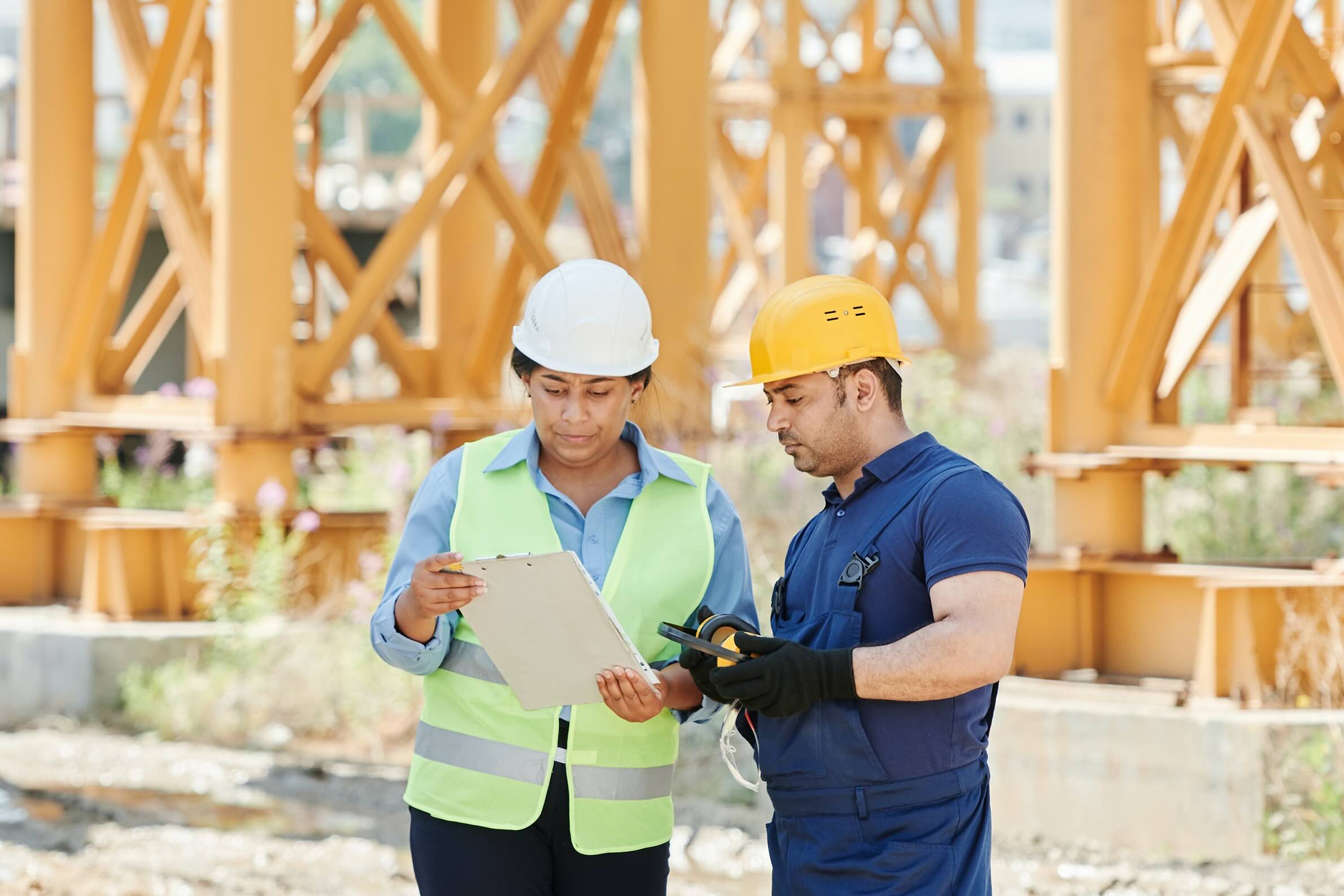

Building & Construction
How Can I Get A Construction License
Modified: December 7, 2023
Looking to obtain a construction license? Learn the essential steps and requirements for acquiring a building construction license to kickstart your career in the industry.
(Many of the links in this article redirect to a specific reviewed product. Your purchase of these products through affiliate links helps to generate commission for Storables.com, at no extra cost. Learn more)
Introduction
Getting a construction license is a crucial step for anyone looking to build a successful career in the building and construction industry. A construction license serves as a validation of an individual’s skills, knowledge, and competency in performing construction-related tasks safely and efficiently.
Understanding the process of obtaining a construction license can sometimes be overwhelming, as it varies from state to state and depends on specific requirements and regulations. This article aims to demystify the process and provide a comprehensive guide on how to get a construction license.
Before diving into the steps of obtaining a construction license, it’s important to note that licensing requirements and processes are typically governed by state licensing boards or agencies. These entities are responsible for setting the standards and criteria for obtaining a license in the construction field.
Each state has its own set of regulations and requirements that applicants must adhere to. These requirements may include a combination of experience, education, and passing a licensing exam.
Researching and understanding the specific requirements for obtaining a construction license in your state is crucial to ensure a smooth and successful licensing process. State-specific requirements can usually be found on the websites of the relevant licensing boards or agencies.
In general, most states require applicants to have a certain amount of experience in the construction industry. This experience can be gained through apprenticeships, on-the-job training, or formal education programs. Additionally, some states may require applicants to have a certain level of education, such as a high school diploma or equivalent.
Now that we have a general understanding of the requirements for a construction license, let’s explore the steps involved in obtaining one.
Key Takeaways:
- Navigating the process of obtaining a construction license involves understanding state-specific requirements, documenting work experience, and seeking guidance from industry professionals. Thorough preparation and attention to detail are crucial for a successful application.
- Proper exam preparation, including studying relevant materials, enrolling in exam preparation courses, and taking practice tests, is essential for passing the construction licensing exam. Gaining practical experience through apprenticeships and on-the-job training is also vital for meeting the licensing requirements.
Read more: How Can I Get A Plumbing License
Understanding the Requirements for a Construction License
When it comes to obtaining a construction license, it is essential to familiarize yourself with the various requirements set forth by licensing boards and agencies. These entities oversee the process of issuing licenses and ensure that individuals in the construction industry meet the necessary qualifications.
Licensing Boards and Agencies
Licensing boards and agencies play a pivotal role in regulating the construction industry and ensuring that licensed professionals adhere to high standards of quality and safety. These bodies vary from state to state and are responsible for overseeing license applications, administering exams, and enforcing regulations.
It is crucial to determine the specific licensing board or agency that governs the construction industry in your state. Their website will serve as a valuable resource for understanding the requirements, eligibility criteria, and application process.
State-Specific Requirements
When it comes to construction licenses, each state has its own set of requirements that applicants must fulfill. These requirements can include the minimum age, education level, and specific experience criteria.
Some states require applicants to have a certain number of years of experience in the construction industry. Experience can be acquired through apprenticeships, on-the-job training, or formal education programs. It is important to gather the required documentation to verify your experience, such as detailed work logs, letters of recommendation, or completion certificates.
In addition, certain states may require applicants to complete specific education programs related to construction, such as trade schools or vocational courses. These programs provide valuable knowledge and skills that are relevant to the construction industry.
It is crucial to thoroughly research and understand the state-specific requirements for a construction license to ensure that you meet all the qualifications before proceeding with the application process.
Experience and Education Criteria
Experience and education criteria are integral components of the requirements for a construction license. These criteria ensure that individuals have the necessary skills and knowledge to perform construction-related tasks safely and efficiently.
Experience criteria typically involve a minimum number of hours or years of practical work experience in the construction industry. This experience can be gained through working in various construction roles, such as a general laborer, carpenter, or project manager.
Education criteria may vary depending on the state and can range from a high school diploma or equivalent to a degree in construction management or a related field. The specific educational requirement will often depend on the level of license being applied for, such as a journeyman license or a contractor’s license.
Understanding the experience and education criteria for a construction license is essential as it allows you to plan your career path accordingly and ensure that you meet the necessary qualifications. This knowledge will also help you determine what steps to take if you currently do not meet the requirements and need to gain additional experience or education.
Read more: What Do I Need To Get A Construction License
Steps to Obtaining a Construction License
Obtaining a construction license requires several steps that vary slightly depending on the state and the type of license being sought. To navigate the licensing process smoothly, it is important to familiarize yourself with each step and fulfill the necessary requirements.
Researching the Licensing Process
Before embarking on the journey of obtaining a construction license, it is essential to thoroughly research the licensing process in your specific state. This research includes understanding the requirements, eligibility criteria, and deadlines set by the licensing board or agency responsible for issuing construction licenses.
By conducting comprehensive research, you can gather all the necessary information and ensure that you are well-prepared for each step of the licensing process.
Meeting the Minimum Eligibility Criteria
After conducting research, the next step is to determine if you meet the minimum eligibility criteria for obtaining a construction license. These criteria typically include minimum age requirements, educational qualifications, and a specific number of years of work experience in the construction industry.
If you do not meet the minimum eligibility criteria, you may need to gain additional experience or education before proceeding with the license application process.
Submitting an Application
Once you have ensured that you meet the minimum eligibility criteria, the next step is to submit your application for a construction license. The application form can usually be obtained from the relevant licensing board or agency’s website.
When completing the application, it is crucial to provide accurate and detailed information about your personal and professional background. This information may include your name, contact information, educational qualifications, work experience, and references.
Read more: How Much Of A Construction Loan Can I Get
Taking the Licensing Exam
After submitting your application, you may be required to pass a licensing exam to demonstrate your knowledge and understanding of the construction industry. The exam format and content may vary depending on the state and the type of license being sought.
To prepare for the licensing exam, it is recommended to study the appropriate reference materials provided by the licensing board or agency. These materials may include construction codes, regulations, safety protocols, and industry best practices.
Completing the Practical Experience Requirement
In addition to passing the licensing exam, many states require applicants to fulfill a practical experience requirement. This requirement ensures that individuals seeking a construction license have acquired and demonstrated the necessary skills and knowledge in real-life construction settings.
The practical experience requirement can be fulfilled through apprenticeships, on-the-job training, or a combination of both. It is important to document and verify your work experience in detail, including the tasks performed, duration, and the contact information of your supervisors or employers.
Background Checks and References
As part of the licensing process, background checks and references may be conducted to ensure the suitability and integrity of the applicants. These checks typically involve verifying your identity, checking for any criminal records, and contacting the references you provided in your application.
It is important to provide accurate and up-to-date information and choose references who can vouch for your skills, character, and work ethic in the construction industry.
Paying License Fees
Finally, to complete the licensing process and obtain the construction license, you will need to pay the required license fees. These fees vary depending on the state and the type of license being applied for.
It is important to ensure that you pay the license fees within the specified deadline to avoid any delays or complications in the licensing process.
By following these steps and fulfilling the necessary requirements, you can successfully obtain a construction license and embark on a rewarding career in the building and construction industry.
Preparing for the Construction Licensing Exam
One of the critical steps in obtaining a construction license is preparing for and successfully passing the licensing exam. The exam serves as a measure of an individual’s knowledge and understanding of the construction industry, including codes, regulations, safety protocols, and best practices. To increase your chances of success, it is essential to dedicate time and effort to proper exam preparation.
Exam Format and Content
The format and content of the construction licensing exam can vary depending on the state and the specific type of license being sought. It is crucial to understand the exam format and what topics will be covered to focus your study efforts effectively.
The exam may consist of multiple-choice questions, essay questions, or a combination of both. The content typically includes subjects such as building codes, construction regulations, safety procedures, construction techniques, project management, and contract administration.
Recommended Study Materials
To prepare for the construction licensing exam, it is recommended to use a variety of study materials that cover the relevant topics. These materials may include textbooks, study guides, online resources, and reference manuals specifically designed for the exam.
Reviewing building codes, construction standards, and industry publications can also be beneficial in gaining a comprehensive understanding of the subject matter.
Enrolling in Exam Preparation Courses
Enrolling in exam preparation courses can greatly enhance your understanding of the exam content and increase your chances of success. These courses are designed to provide comprehensive review materials, practice exams, and guidance from experienced instructors who are familiar with the exam’s format and content.
Exam preparation courses can be conducted in-person or online, allowing you to choose the format that best suits your learning style and schedule.
Read more: How To Check Construction License
Taking Practice Tests
Taking practice tests is an essential component of exam preparation. These tests simulate the actual exam conditions and help you familiarize yourself with the time constraints and question formats.
Practice tests not only assess your knowledge and readiness for the exam but also allow you to identify any areas where you may need to focus your study efforts. It is recommended to take multiple practice tests and review the answers to understand the rationale behind correct and incorrect responses.
Additionally, practice tests can assist in improving time management skills, as the construction licensing exam is typically timed. This will help you become more comfortable with the time constraints and enable you to answer questions efficiently during the actual exam.
By understanding the exam format and content, utilizing recommended study materials, enrolling in exam preparation courses, and taking practice tests, you can feel confident and well-prepared when it comes to taking the construction licensing exam. Proper exam preparation increases your chances of passing the exam and obtaining the construction license you desire.
Navigating the Practical Experience Requirement
One of the key components in obtaining a construction license is fulfilling the practical experience requirement. This requirement ensures that individuals seeking a construction license have acquired and demonstrated the necessary skills and knowledge in real-life construction settings. Navigating this requirement involves understanding the options available for gaining practical experience, documenting and verifying work experience, obtaining quality references, and meeting the minimum hour requirement.
Apprenticeships and On-The-Job Training
Apprenticeships and on-the-job training are valuable pathways for gaining practical experience in the construction industry. Apprenticeships provide a structured learning environment where individuals can acquire hands-on experience under the guidance of experienced professionals. On-the-job training, on the other hand, involves learning and acquiring skills while working directly on construction projects.
Both apprenticeships and on-the-job training offer the opportunity to gain practical experience in various aspects of the construction industry, such as carpentry, plumbing, electrical work, and project management. Participating in these programs allows individuals to demonstrate their ability to perform construction-related tasks and develop a comprehensive understanding of the industry.
Documenting and Verifying Work Experience
When it comes to the practical experience requirement, documenting and verifying work experience is crucial. It is essential to maintain detailed records of your work experience, including the tasks performed, duration, and the contact information of your supervisors or employers.
Documenting your work experience accurately provides evidence of your abilities and showcases your proficiency in various construction tasks. This documentation may involve keeping work logs, obtaining letters of recommendation, or obtaining completion certificates from apprenticeship programs or training courses.
Furthermore, verification of work experience may be required, where the licensing board or agency will reach out to your references or past employers to confirm the details and quality of your work experience. Ensuring accurate and reliable documentation is key to successfully navigating the practical experience requirement.
Read more: How To Obtain A Construction License
The Importance of Quality References
When documenting work experience, the presence of quality references can greatly enhance the likelihood of successfully meeting the practical experience requirement. Quality references are individuals who can vouch for your skills, character, and work ethic in the construction industry.
Obtaining references from supervisors, colleagues, or mentors who can speak to your abilities and the quality of your work provides validation of your practical experience. Including contact information for these references allows the licensing board or agency to confirm the accuracy and legitimacy of your work experience documentation.
It is important to choose references who have had direct experience working alongside you in the construction industry and who can provide insightful feedback about your skills and professionalism.
Meeting the Minimum Hour Requirement
In addition to documenting and verifying work experience, many states have minimum hour requirements that must be met to fulfill the practical experience requirement. These minimum hour requirements specify the total number of hours individuals must have worked in the construction industry to be eligible for a construction license.
Meeting the minimum hour requirement demonstrates a depth of experience and ensures that applicants have gained a sufficient level of practical knowledge to perform construction tasks reliably and skillfully.
It is important to track and calculate the number of hours worked in various construction roles to ensure that you meet or exceed the minimum hour requirement set by the licensing board or agency in your state.
By understanding the options available for gaining practical experience, documenting and verifying work experience, obtaining quality references, and meeting the minimum hour requirement, you can successfully navigate the practical experience requirement in obtaining your construction license.
Tips for a Successful Construction License Application
When applying for a construction license, it is important to approach the process with thoroughness and attention to detail. A successful application requires gathering and organizing necessary documents, ensuring accuracy in the application form, and seeking guidance from mentors or industry professionals. Consider the following tips to increase your chances of a successful construction license application.
Gathering and Organizing the Necessary Documents
A crucial step in the application process is gathering and organizing all the necessary documents. These documents typically include proof of identity, educational qualifications, work experience records, and any other documentation required by the licensing board or agency.
Ensure that you have all the required documents readily available and organized in a logical manner. This will help streamline the application process and prevent any delays or missing documentation.
Read more: How Do I Get My Journeyman Plumbing License
Ensuring Accuracy in the Application Form
Accuracy is paramount when completing the application form for a construction license. Double-check all information entered in the application form, including personal details, work experience, and educational qualifications, to ensure that it is accurate and up-to-date.
Mistakes or inaccuracies in the application form can lead to delays or rejection of the application. Take the time to review the form thoroughly and verify all details before submitting it.
Seeking Guidance and Assistance from Mentors or Industry Professionals
Seeking guidance and assistance from mentors or industry professionals who have already gone through the licensing process can be incredibly valuable. They can provide insights, advice, and tips based on their own experiences, helping you navigate the application process more effectively.
Reach out to individuals in the construction industry who have successfully obtained a license and ask them for guidance. They can offer advice on gathering the necessary documents, completing the application form, and any additional steps you may need to consider.
In addition, mentors or industry professionals may be able to provide you with valuable references or letters of recommendation, which can strengthen your application.
By following these tips and ensuring that you have gathered and organized the necessary documents, completed the application form accurately, and sought guidance and assistance from mentors or industry professionals, you can increase your chances of a successful construction license application. A well-prepared application demonstrates your professionalism, attention to detail, and commitment to the construction industry.
Conclusion
Obtaining a construction license is a significant milestone for individuals seeking to establish a rewarding career in the building and construction industry. Navigating the requirements and steps involved in obtaining a construction license may seem daunting at first, but with the right knowledge and preparation, it can be an achievable goal.
In this article, we have explored various aspects of obtaining a construction license, including understanding the requirements set by licensing boards or agencies, meeting the eligibility criteria, submitting a thorough application, preparing for the licensing exam, fulfilling the practical experience requirement, and navigating the application process. By following these steps and tips, you can increase your chances of success and ensure a smooth and successful licensing process.
Remember to thoroughly research the requirements and regulations specific to your state, as licensing criteria can vary. Understand the practical experience requirements, whether it’s through apprenticeships, on-the-job training, or a combination of both, and diligently document and verify your work experience. Take advantage of resources such as study materials, exam preparation courses, and practice tests to help you prepare for the licensing exam.
Throughout the application process, pay attention to detail, gather and organize the necessary documents, and seek guidance and assistance from mentors or industry professionals who have already gone through the process. Their insights and advice can prove invaluable as you navigate the complexities of the application process.
Ultimately, obtaining a construction license not only validates your skills and knowledge but also opens up doors to a wider range of career opportunities. It demonstrates your commitment to excellence, safety, and professionalism in the construction industry.
By dedicating time and effort to understanding the requirements, fulfilling the eligibility criteria, and preparing diligently, you can increase your chances of a successful construction license application. Remember to stay motivated and determined throughout the process, knowing that your hard work will be rewarded with the license that paves the way for a fulfilling career in the dynamic and ever-growing construction industry.
Frequently Asked Questions about How Can I Get A Construction License
Was this page helpful?
At Storables.com, we guarantee accurate and reliable information. Our content, validated by Expert Board Contributors, is crafted following stringent Editorial Policies. We're committed to providing you with well-researched, expert-backed insights for all your informational needs.


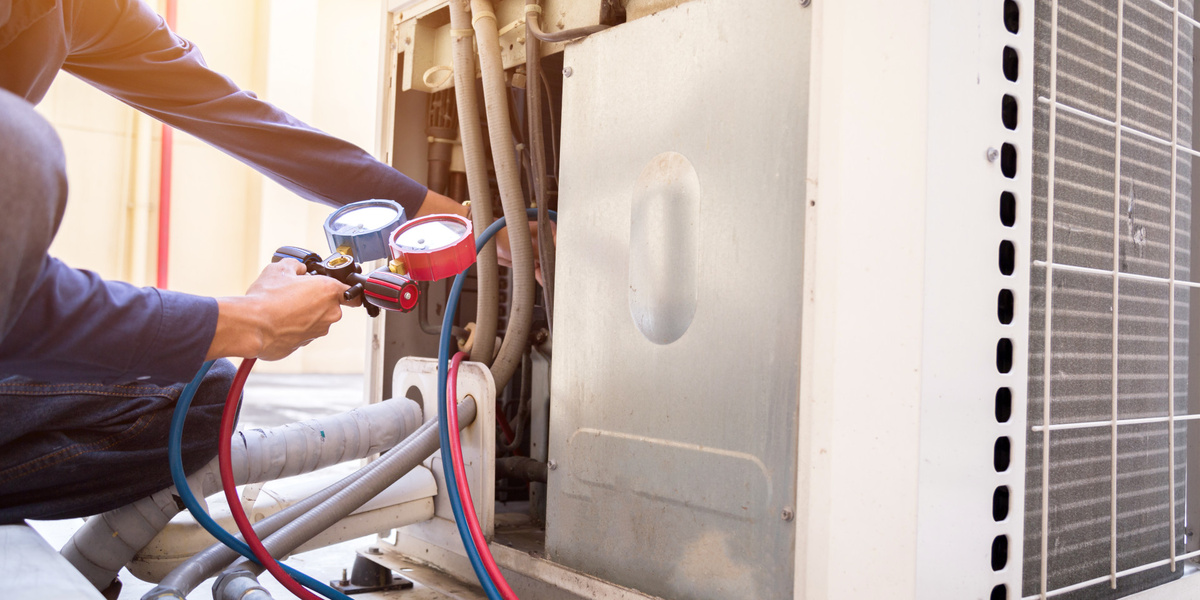


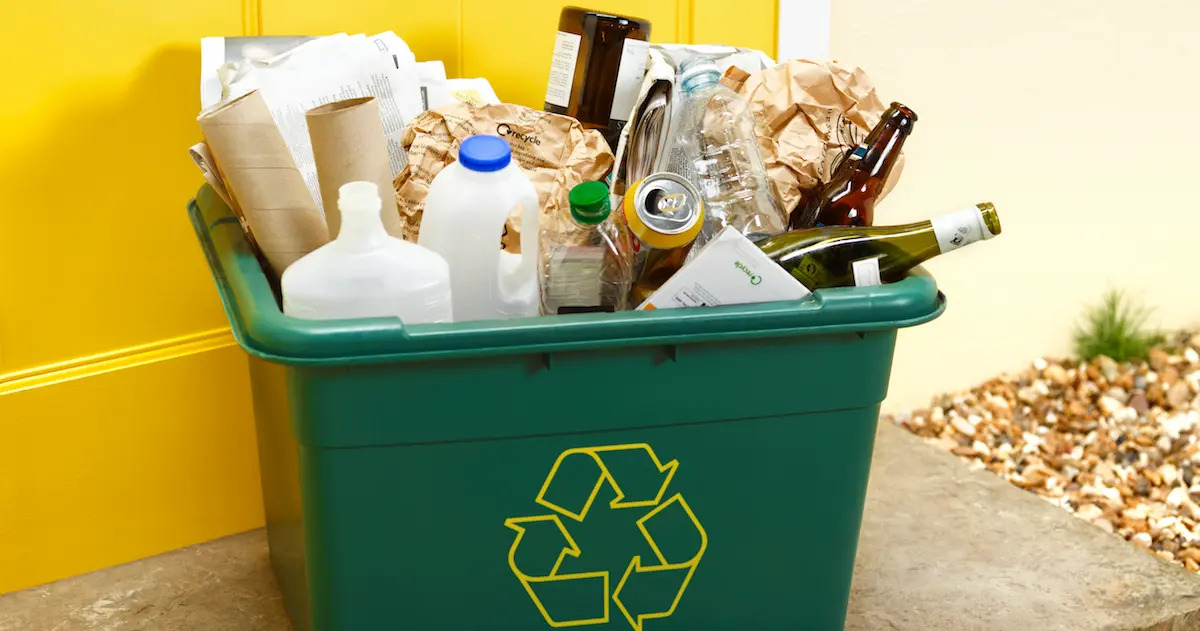
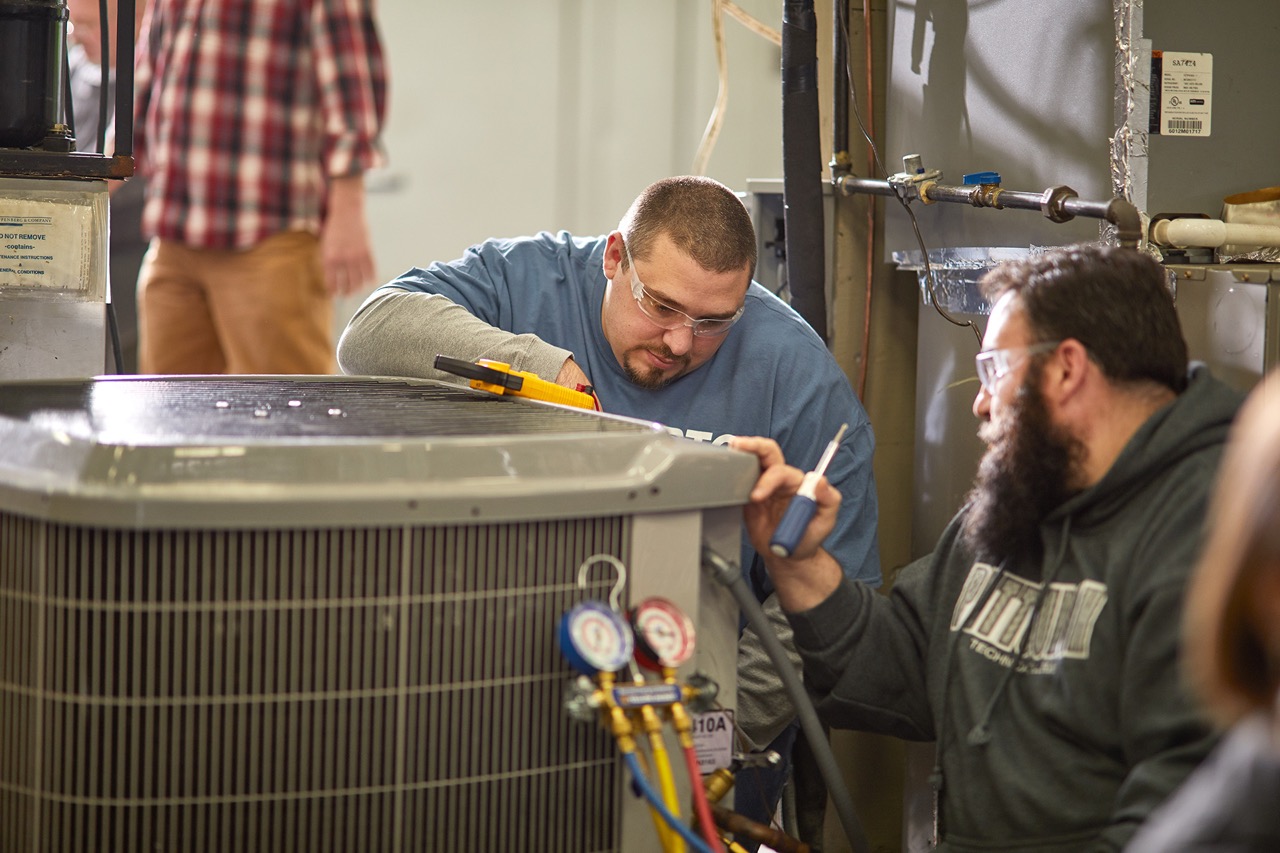
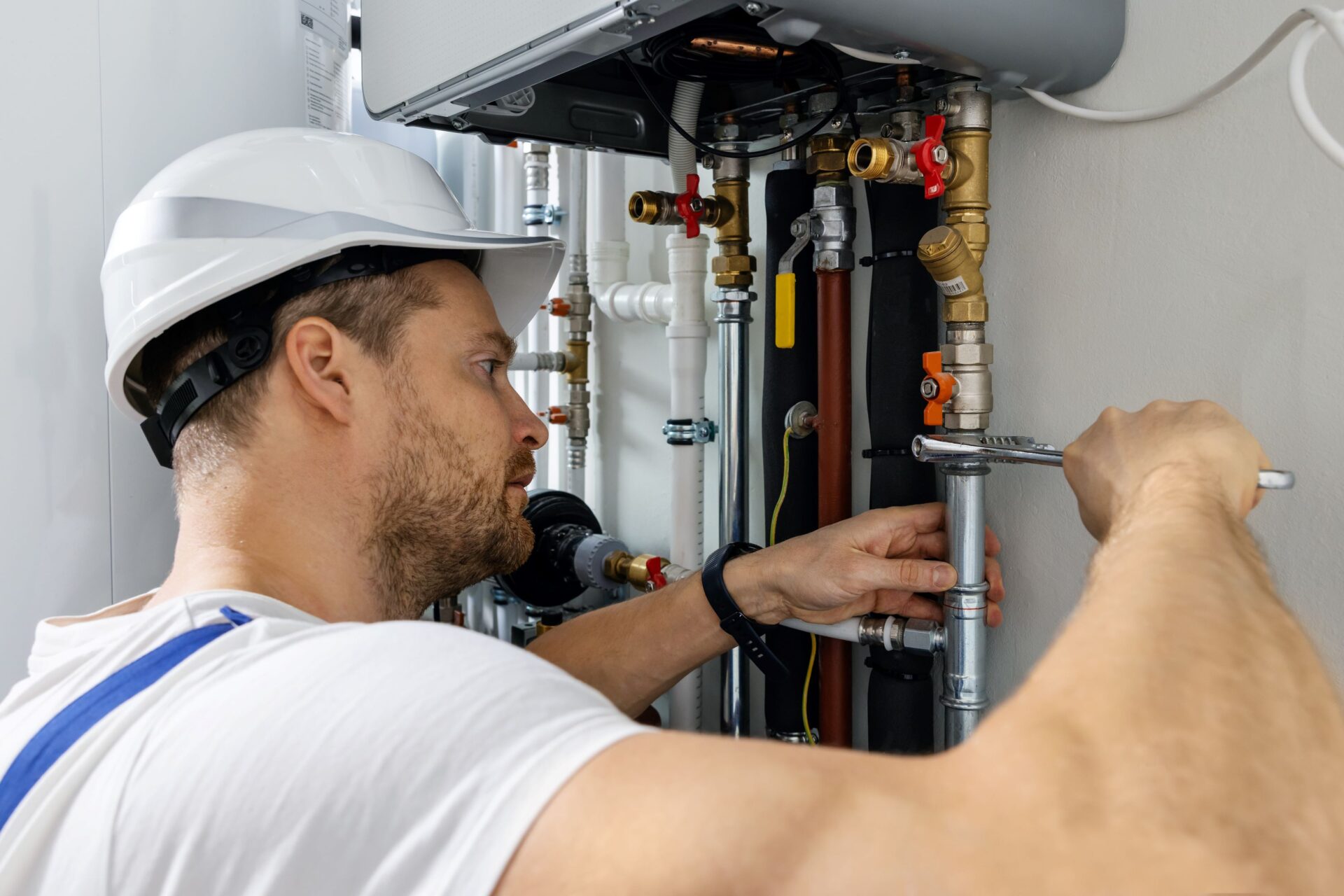


0 thoughts on “How Can I Get A Construction License”